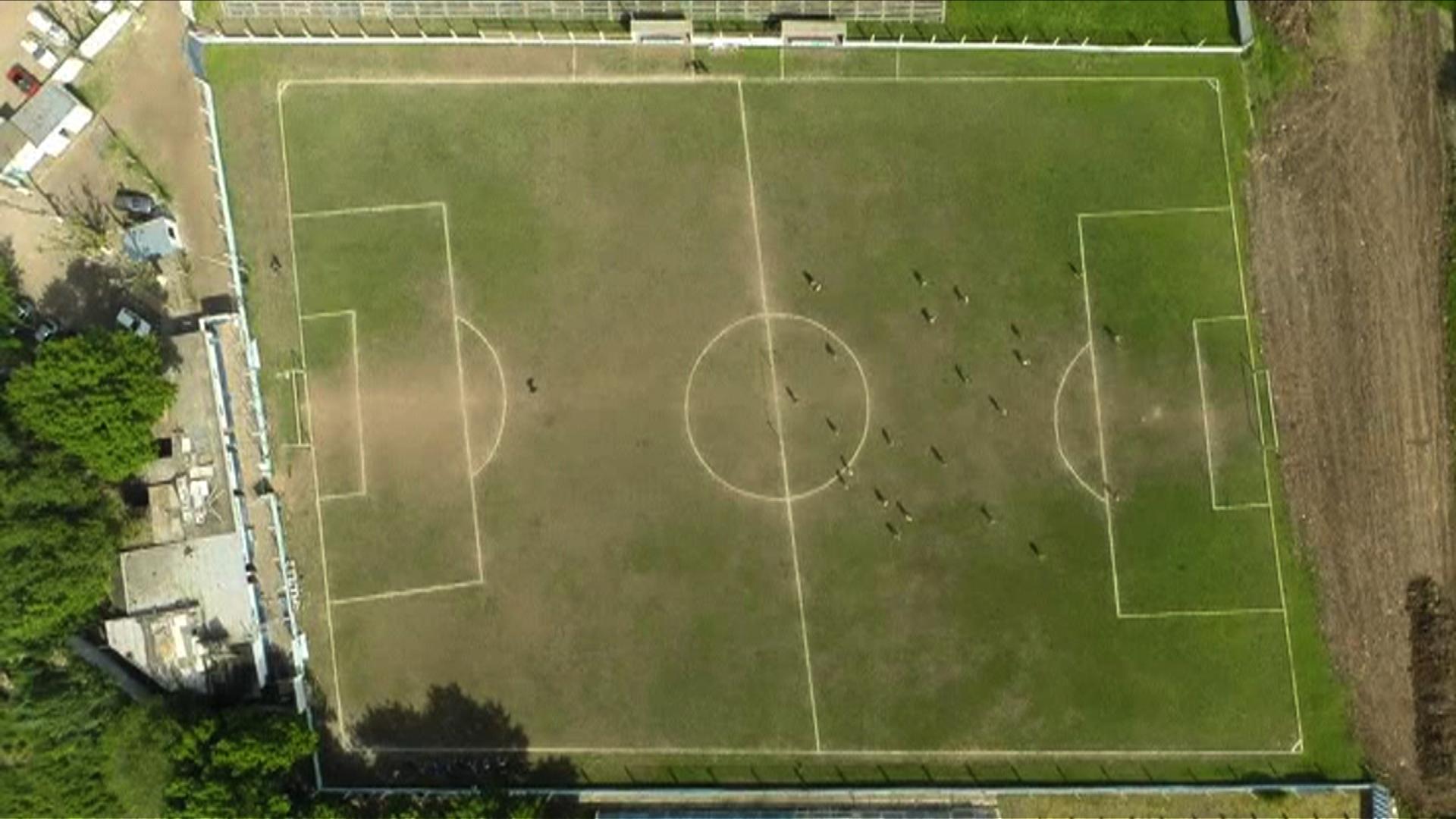Argentina: Football matches cancelled as players go on strike
- Published
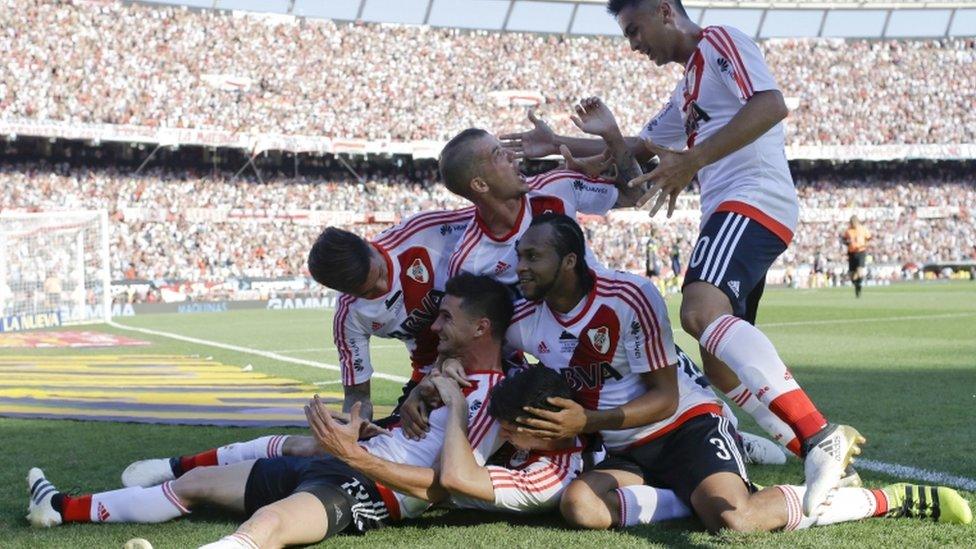
Argentine football fans have been without league matches for over two months
The Argentine Football Association has postponed two top division matches that were due to take place on Friday following the collapse of negotiations to call off a players' strike.
Many clubs are facing a major financial crisis and have not paid salaries for several months.
The footballers' union says the strike will go on until the players received what they are owed.
The strike involves players of more than 200 Argentine clubs.
The two matches postponed were Rosario Central v Godoy Cruz, in the city of Rosario, and San Lorenzo v Belgrano, in Buenos Aires.
The crisis began after senior officials at the Football Association (AFA) were implicated in a corruption scandal involving television broadcasting rights.
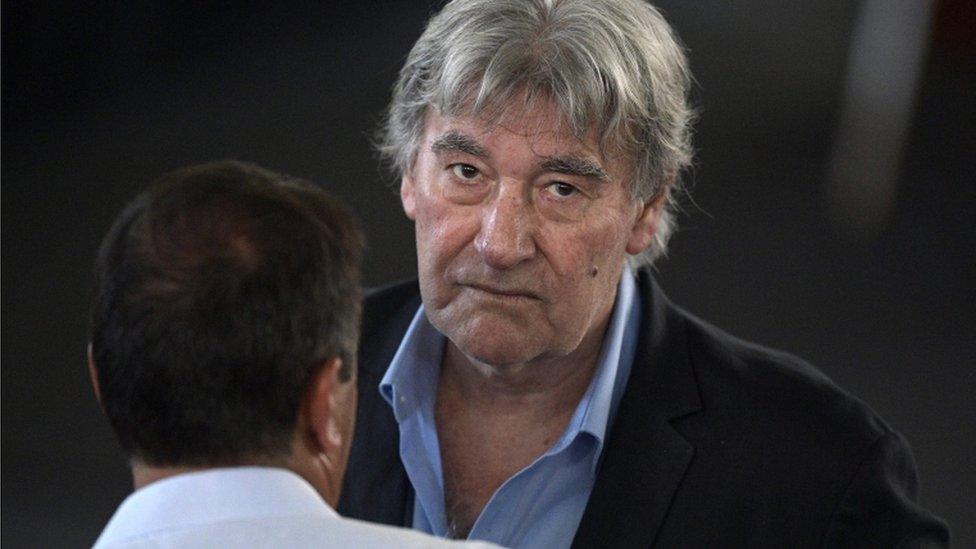
Acting Football Association Armando Perez says clubs who refuse to play will face sanctions
The season should have resumed a month ago after the summer recess.
But the crisis led the AFA to delay the start until this Friday.
'Number one conspirator'
To try to avoid the strike, the government of Mauricio Macri made a $22m (£18m) payment on Thursday to the Argentine Football Association.
The money was owed as compensation for the cancellation of a contract with the government, which held the broadcasting rights until this year.
But the players' union says the money is not enough.
They said most club presidents had spent and borrowed more money than they should have.
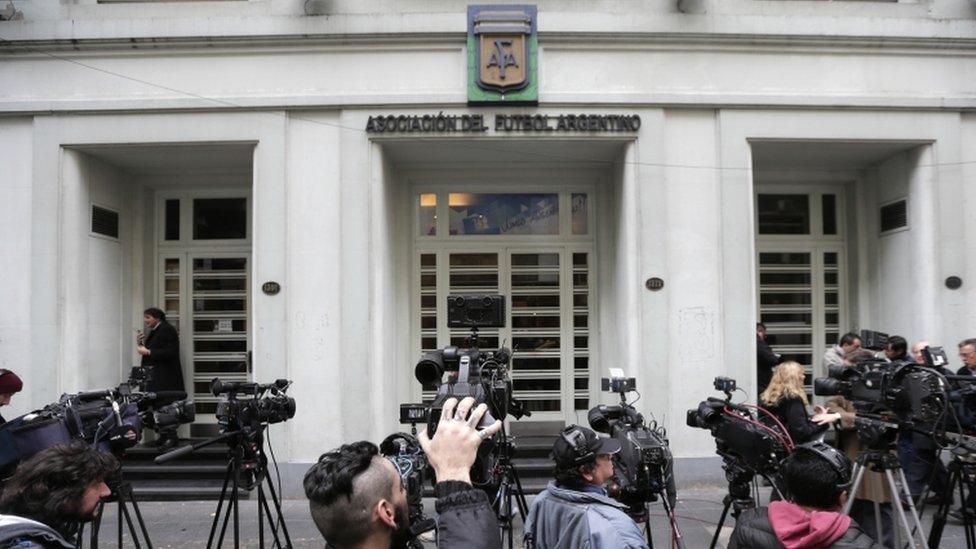
The AFA's former head, Luis Segura, stood down after he was charged with fraud in June 2016
The death in 2014 of Julio Grondona, who was president of the Argentine Football Association for 35 years, triggered the crisis.
He was also vice-president of Fifa, the world football's governing body.
The United States authorities who investigated corruption at Fifa labelled Mr Grondona "the number one conspirator".
But analysts in Argentina say he guaranteed the functionality of Argentine football.
Many believe, however, that his absence will allow a perhaps tortuous but necessary clean-up of the game, says the BBC's Daniel Pardo in Buenos Aires.
- Attribution
- Published19 December 2016
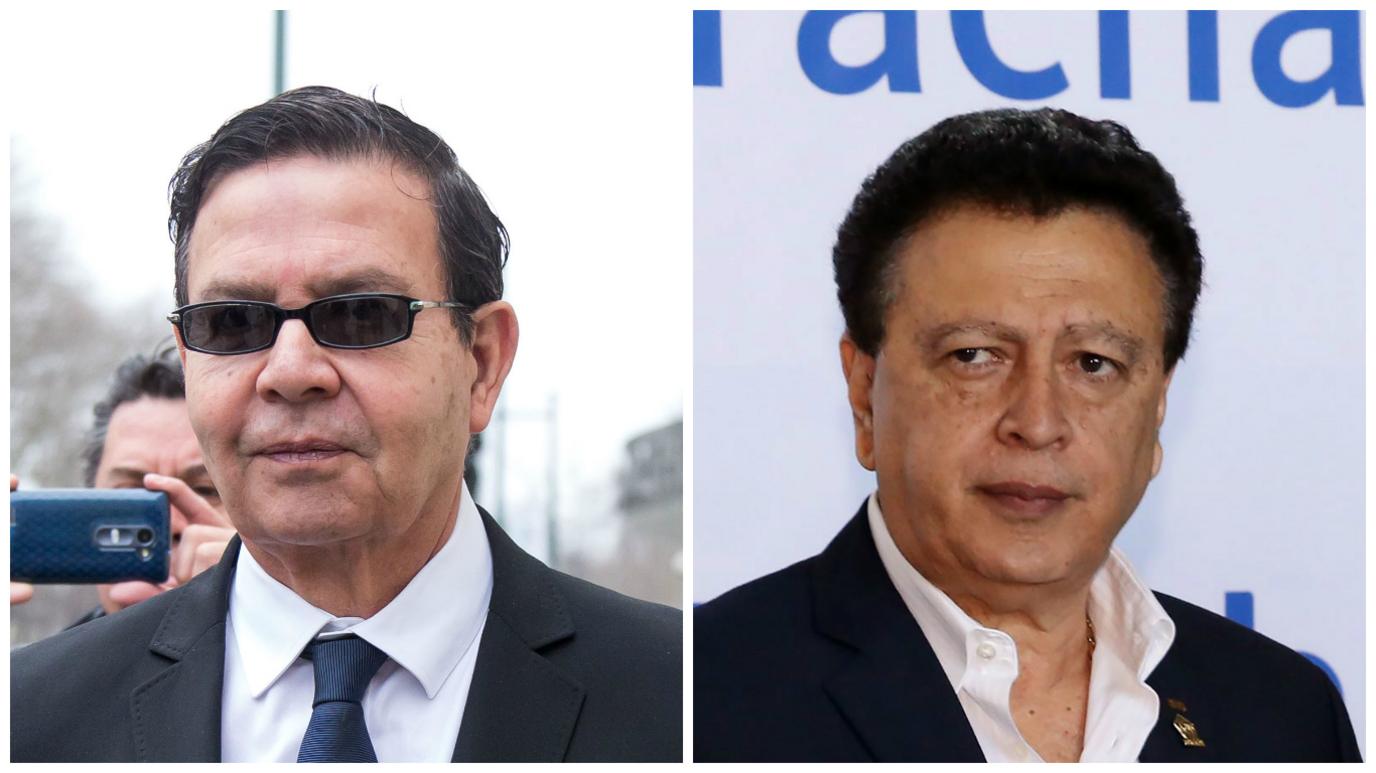
- Published27 May 2015
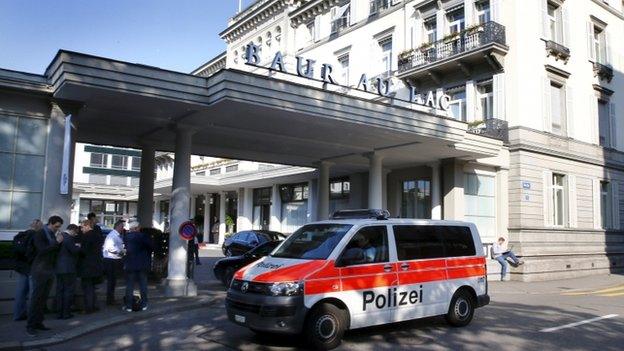
- Attribution
- Published30 July 2014
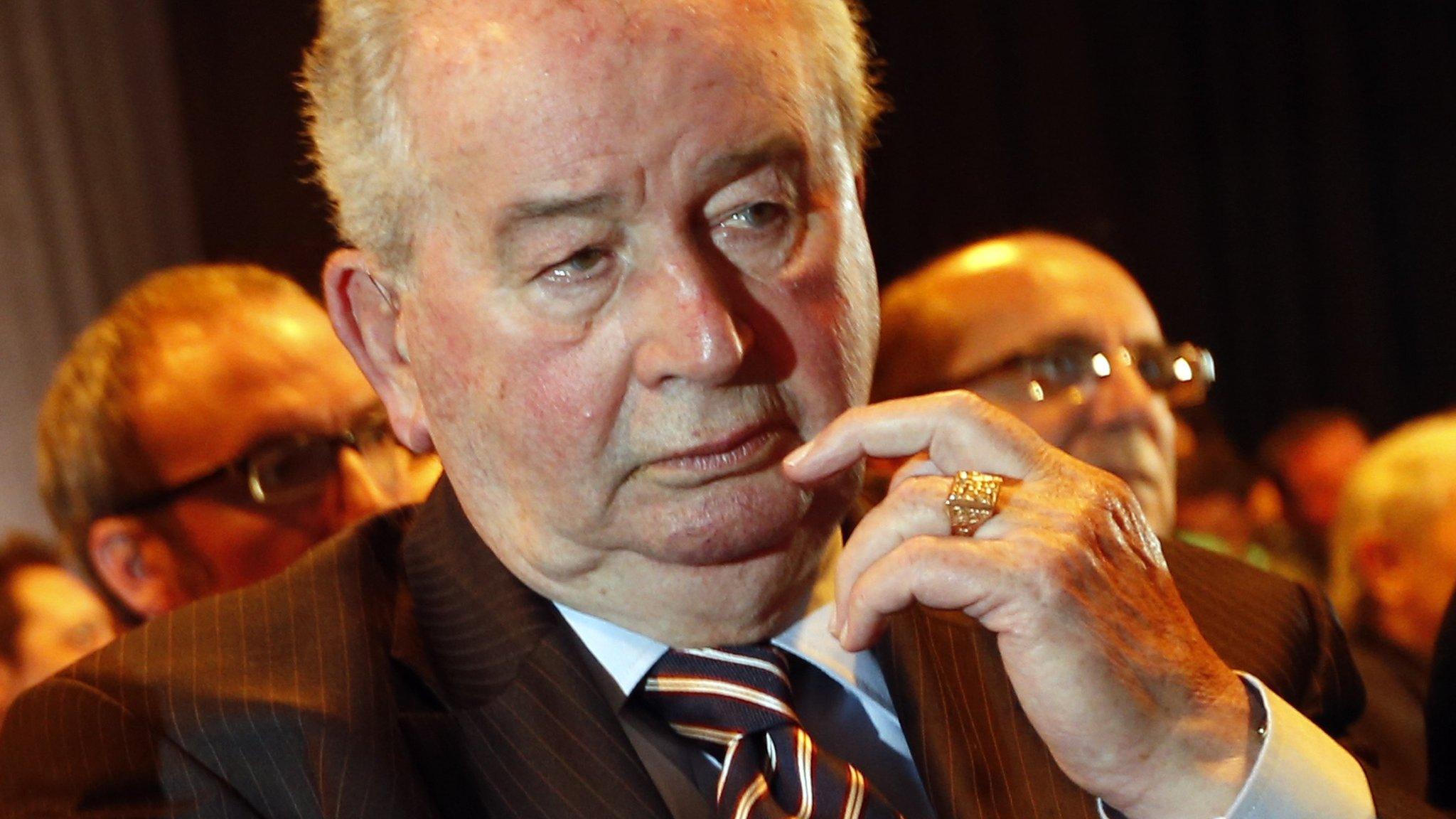
- Attribution
- Published13 October 2016
